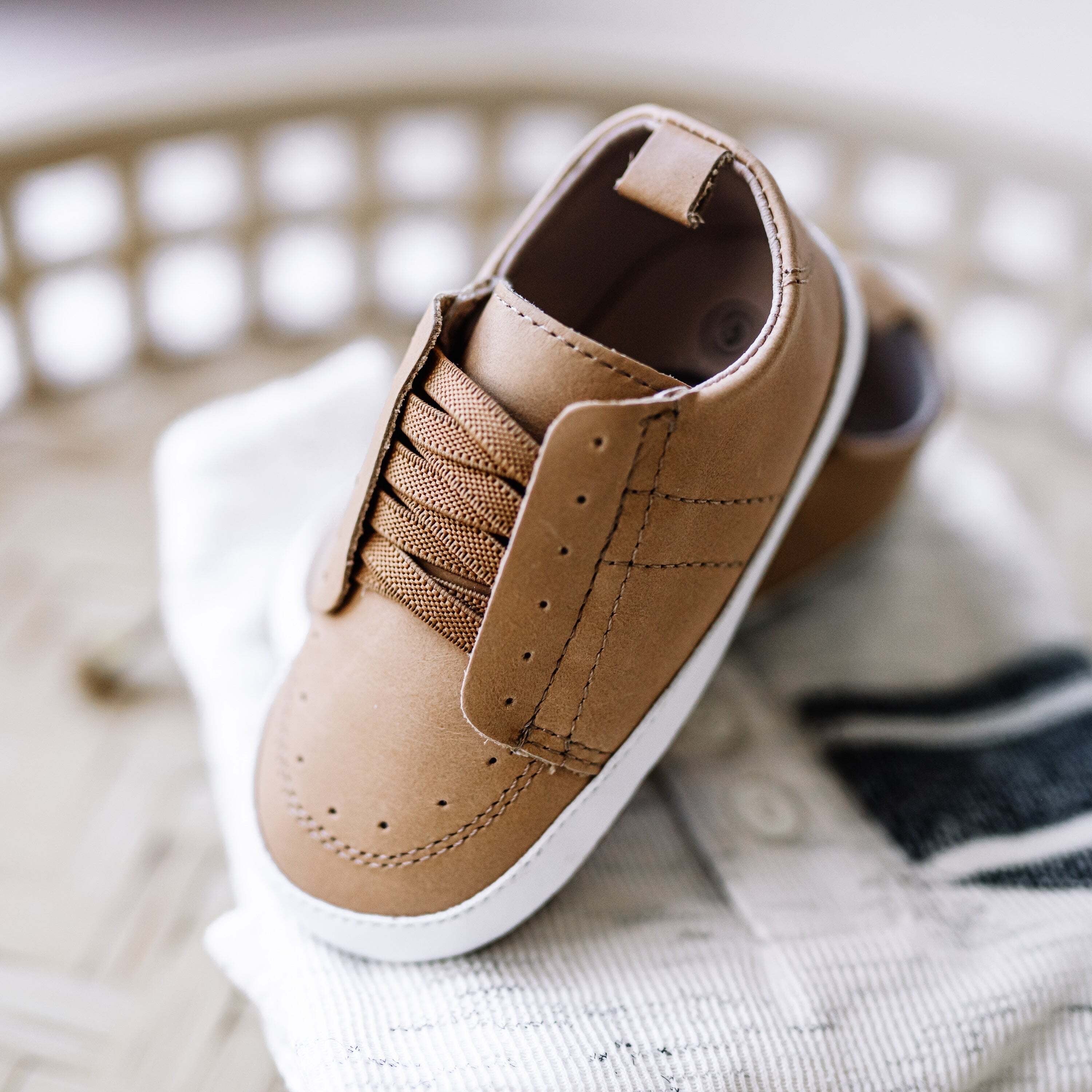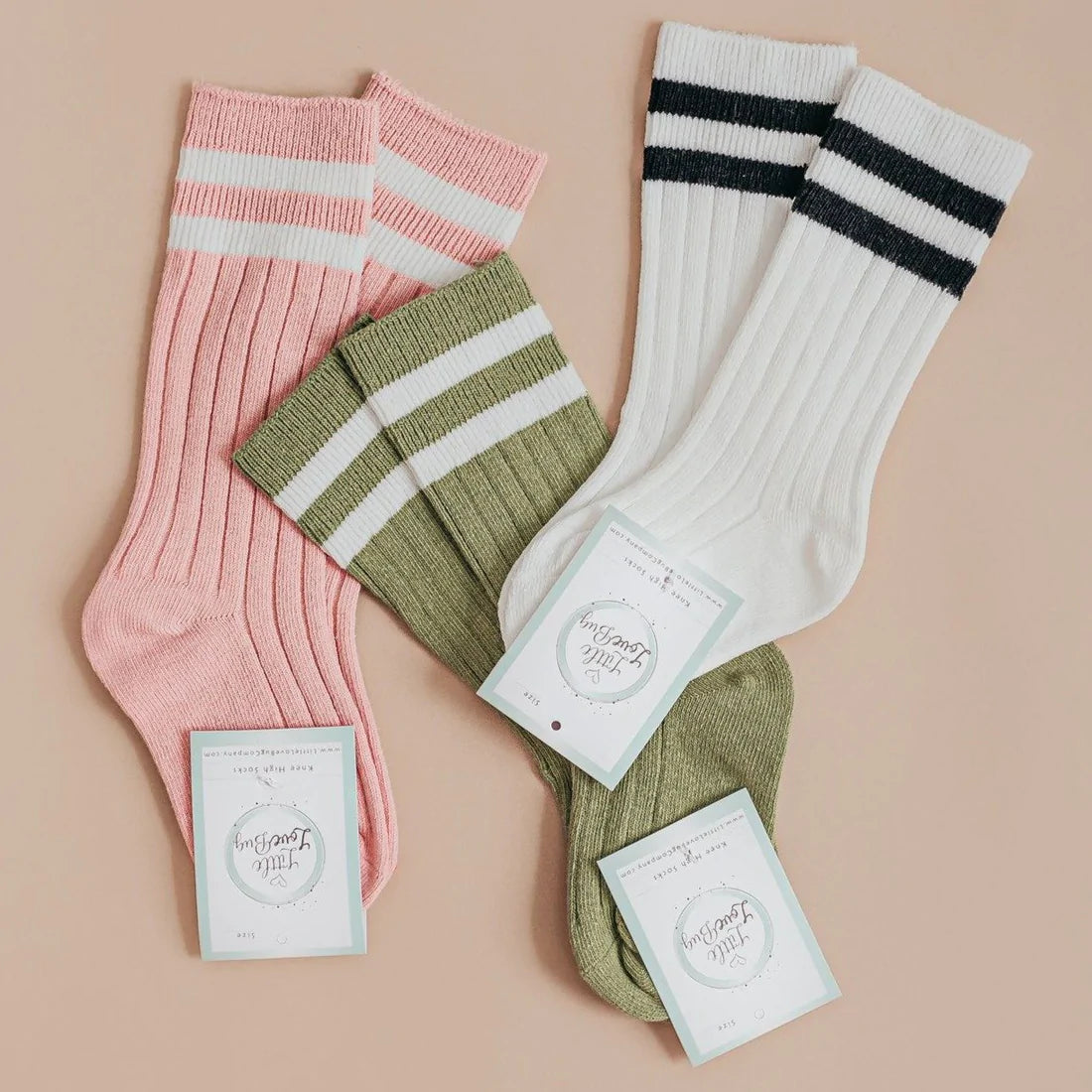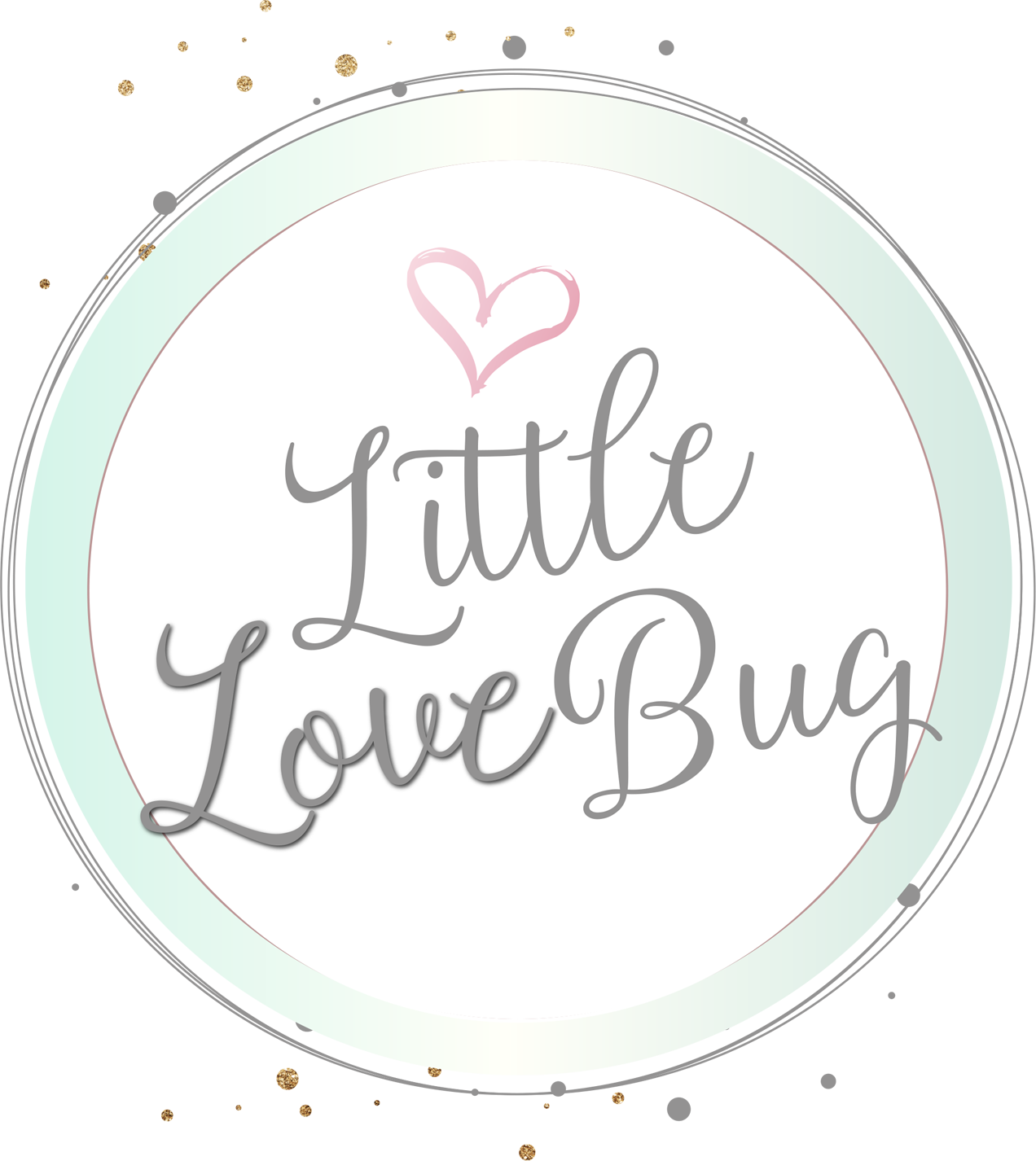Top Essential Oils That Are Safe to Use with Babies, Toddlers, and Kids - And at What Age They're Appropriate to Use
When it comes to using essential oils with children, it's important to prioritize safety and choose oils that are suitable for their age and development. While essential oils can offer various benefits, it's crucial to remember that children are more sensitive to their effects. Here are some top essential oils that are generally considered safe for use with babies, toddlers, and kids, along with the recommended age at which they can be introduced:
1. Lavender (Lavandula angustifolia):
Lavender oil is renowned for its calming and soothing properties. It can promote relaxation and help with sleep-related issues. It is generally considered safe for use with babies aged three months and older.
2. Chamomile (Chamaemelum nobile):
Chamomile oil is gentle and known for its calming and soothing effects. It can be helpful for promoting relaxation, easing digestive discomfort, and soothing irritated skin. It is typically safe for use with babies aged three months and older.
3. Mandarin (Citrus reticulata):
Mandarin oil has a sweet, uplifting scent that can help improve mood and reduce anxiety. It is commonly used to promote relaxation and sleep. It is usually safe for use with babies aged six months and older.
4. Tea Tree (Melaleuca alternifolia):
Tea tree oil possesses powerful antimicrobial properties and can be used to address skin issues such as minor cuts, scrapes, and insect bites. It is generally safe for use with children aged six months and older.
5. Eucalyptus (Eucalyptus radiata):
Eucalyptus oil can assist with respiratory congestion and promote clear breathing. It should be used with caution and only in well-diluted form. It is generally safe for children aged two years and older.
6. Lemon (Citrus limon):
Lemon oil has a refreshing citrus aroma and can promote a sense of cleanliness and purification. It is generally safe for use with children aged three years and older.
7. Sweet Orange (Citrus sinensis):
Sweet orange oil has a pleasant, uplifting scent and can help with mood enhancement and relaxation. It is generally safe for use with children aged three years and older.
Important Safety Considerations:
- Always dilute essential oils properly before using them on children. Use a carrier oil such as coconut oil, almond oil, or jojoba oil in a ratio appropriate for your child's age and skin sensitivity.
- Perform a patch test on a small area of your child's skin to check for any adverse reactions before using an essential oil more extensively.
- Avoid using essential oils on or near the face, especially near the eyes, nose, and mouth.
- Store essential oils out of reach of children to prevent accidental ingestion.
- Do not use essential oils internally unless under the guidance of a qualified healthcare professional.
Remember, each child is unique, and it's essential to monitor their response to essential oils closely. If you have any concerns or questions, consult with a qualified aromatherapist or healthcare professional before using essential oils on your child.
Note: While these essential oils are generally considered safe, some children may have specific allergies or sensitivities. It's always wise to consult with a healthcare professional before introducing any new product or remedy to your child's routine.
When it comes to using essential oils with children, it's important to prioritize safety and choose oils that are suitable for their age and development. While essential oils can offer various benefits, it's crucial to remember that children are more sensitive to their effects. Here are some top essential oils that are generally considered safe for use with babies, toddlers, and kids, along with the recommended age at which they can be introduced:
1. Lavender (Lavandula angustifolia):
Lavender oil is renowned for its calming and soothing properties. It can promote relaxation and help with sleep-related issues. It is generally considered safe for use with babies aged three months and older.
2. Chamomile (Chamaemelum nobile):
Chamomile oil is gentle and known for its calming and soothing effects. It can be helpful for promoting relaxation, easing digestive discomfort, and soothing irritated skin. It is typically safe for use with babies aged three months and older.
3. Mandarin (Citrus reticulata):
Mandarin oil has a sweet, uplifting scent that can help improve mood and reduce anxiety. It is commonly used to promote relaxation and sleep. It is usually safe for use with babies aged six months and older.
4. Tea Tree (Melaleuca alternifolia):
Tea tree oil possesses powerful antimicrobial properties and can be used to address skin issues such as minor cuts, scrapes, and insect bites. It is generally safe for use with children aged six months and older.
5. Eucalyptus (Eucalyptus radiata):
Eucalyptus oil can assist with respiratory congestion and promote clear breathing. It should be used with caution and only in well-diluted form. It is generally safe for children aged two years and older.
6. Lemon (Citrus limon):
Lemon oil has a refreshing citrus aroma and can promote a sense of cleanliness and purification. It is generally safe for use with children aged three years and older.
7. Sweet Orange (Citrus sinensis):
Sweet orange oil has a pleasant, uplifting scent and can help with mood enhancement and relaxation. It is generally safe for use with children aged three years and older.
Important Safety Considerations:
- Always dilute essential oils properly before using them on children. Use a carrier oil such as coconut oil, almond oil, or jojoba oil in a ratio appropriate for your child's age and skin sensitivity.
- Perform a patch test on a small area of your child's skin to check for any adverse reactions before using an essential oil more extensively.
- Avoid using essential oils on or near the face, especially near the eyes, nose, and mouth.
- Store essential oils out of reach of children to prevent accidental ingestion.
- Do not use essential oils internally unless under the guidance of a qualified healthcare professional.
Remember, each child is unique, and it's essential to monitor their response to essential oils closely. If you have any concerns or questions, consult with a qualified aromatherapist or healthcare professional before using essential oils on your child.
Note: While these essential oils are generally considered safe, some children may have specific allergies or sensitivities. It's always wise to consult with a healthcare professional before introducing any new product or remedy to your child's routine.


